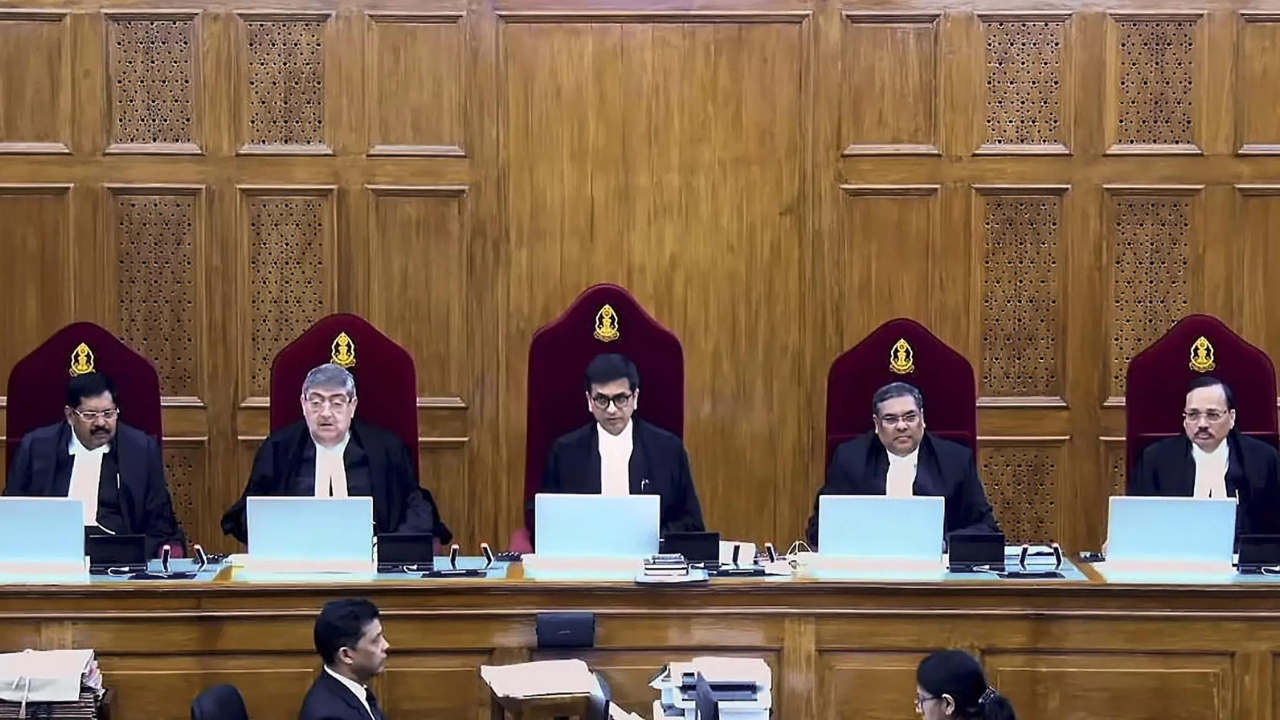The court said the consequence of permitting amendments in such a circuitous manner would be disastrous and many provisions of the Constitution would be susceptible to amendments that evade the procedure stipulated by Article 368 or other provisions.“Recourse must be given to the procedure contemplated by Article 370(3) if Article 370 is to cease to operate or is to be amended or modified… No other procedure may be utilised to amend Article 370. The rule of interpretation that a power under a statute must be exercised in accordance with the provisions of that statute and in no other manner is undoubtedly applicable to the Constitution,” CJI D Y Chandrachud said in his judgment.
Supreme Court verdict: ‘Article 370 was a temporary provision, J&K did not retain an element of sovereignty after joining India’
Paragraph 2 of CO 272 is the only point on which the Centre’s action in connection with Article 370 was disapproved by the apex court.
“CO 272 changes the language to the proviso to Article 370(3) in two ways. First, it changes the recommending body from the Constituent Assembly to the legislative assembly; and second, it makes a new arrangement at variance with that specific Constituent Assembly. Both these changes are not insignificant,” the CJI said.
“Paragraph 2 of CO 272… is ultra vires of Article 370(1) (d) because it modifies Article 370, in effect, without following the procedure prescribed to modify Article 370. An interpretation clause cannot be used to bypass the procedure laid down for amendment,” he added.
